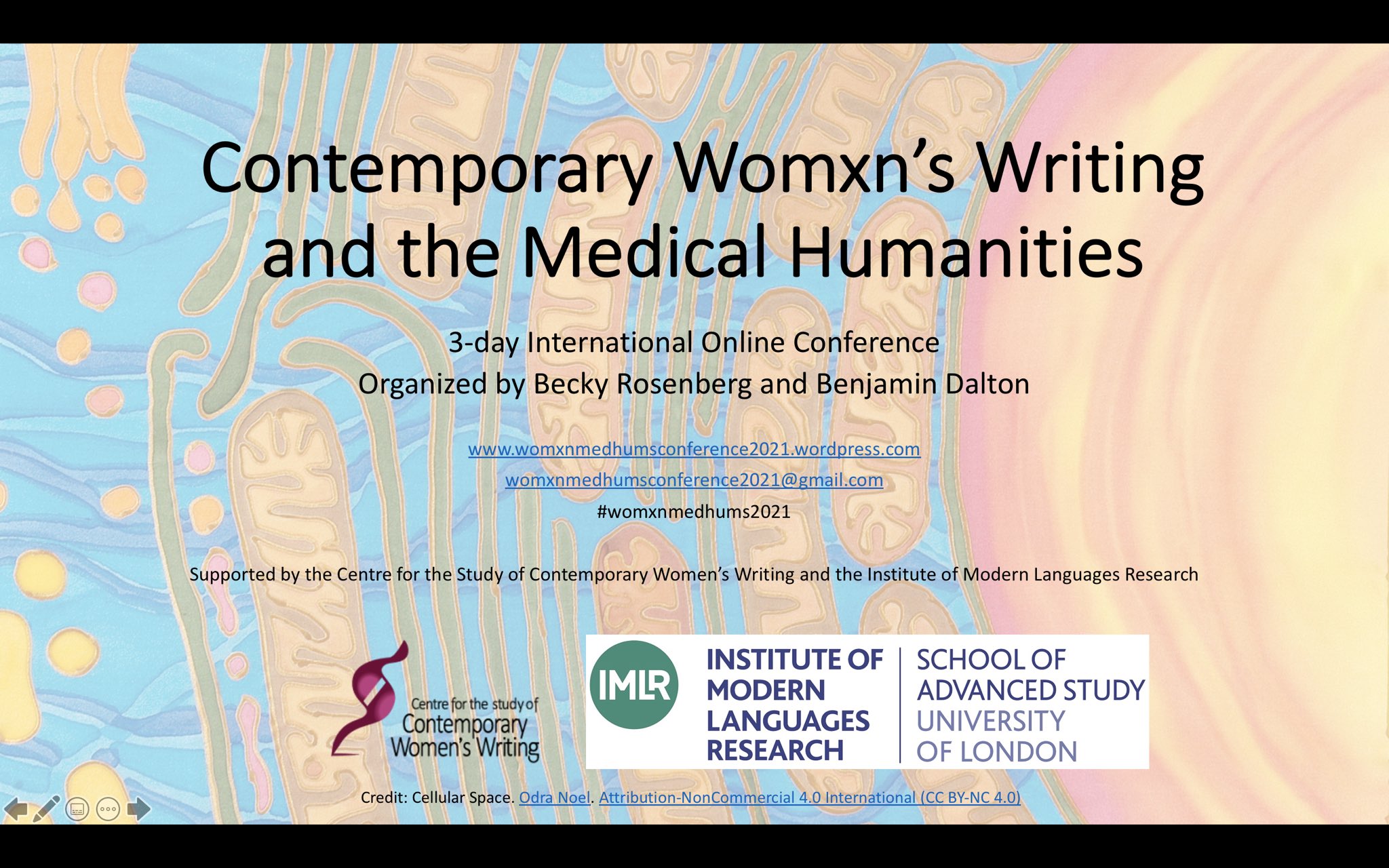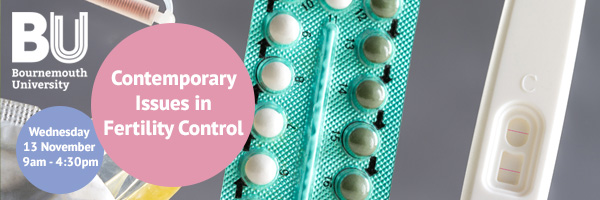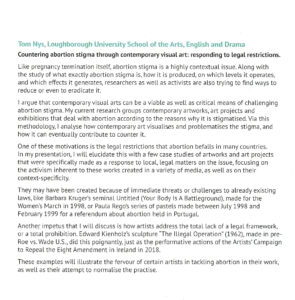Recently, I participated in a very diverse and intense three-day long conference about womxn’s writing and health humanities, put together by Rebecca Rosenberg (King’s College London) and Benjamin Dalton (Paris Nanterre University). While my own research obviously deals with abortion and sexual and reproductive rights in contemporary visual art, in this presentation I focused on art that employs language and narratives in conjunction with the visual.
The title was “Countering Abortion Stigma in Contemporary Art: Activist Storytelling in Word and Image”, and you will find the abstract below.
For more information about the whole event, please visit its website.
Abstract:
“Pregnancy termination is one of the most common medical procedures, yet abortion stigma persists in many countries. Along with the study of what exactly abortion stigma is, how it is produced, and what effects it generates, researchers and activists are trying to find ways to reduce or even to eradicate it. In this paper, I argue that contemporary visual arts are a critical means of challenging abortion stigma. Through a selection of case studies from the late 1980s to the present, I analyse ways in which contemporary artists have narrated and problematised this stigma in a range of socio-political contexts. My examples include Barbara Kruger’s Untitled (Your Body Is A Battleground), created for the Women’s March on Washington DC in 1989; collages made by Aleksandra Mir in 2005; Tracey Emin’s strategic use of narrative to counter stigma by speaking out about her own abortion in both her autobiography and graphic art; Holly Pester’s 2018 poem Comic Timing, a work that addresses abortion in a like-wise personal, but mundane manner; and the collection of comics titled Comics for Choice (2017) published a group of artists, activists, and writers based in the United States. These works and art projects use innovative combinations of imagery and text to communicate the complexities of abortion and to give voice to different individual experiences. They also function in different spatial contexts and address audiences in unique ways. By showing how artists have tackled the theme of abortion and abortion stigma through a variety of intersecting visual and linguistic narratives, I demonstrate the importance of contemporary arts to public discourses about health care and medical thought.”




